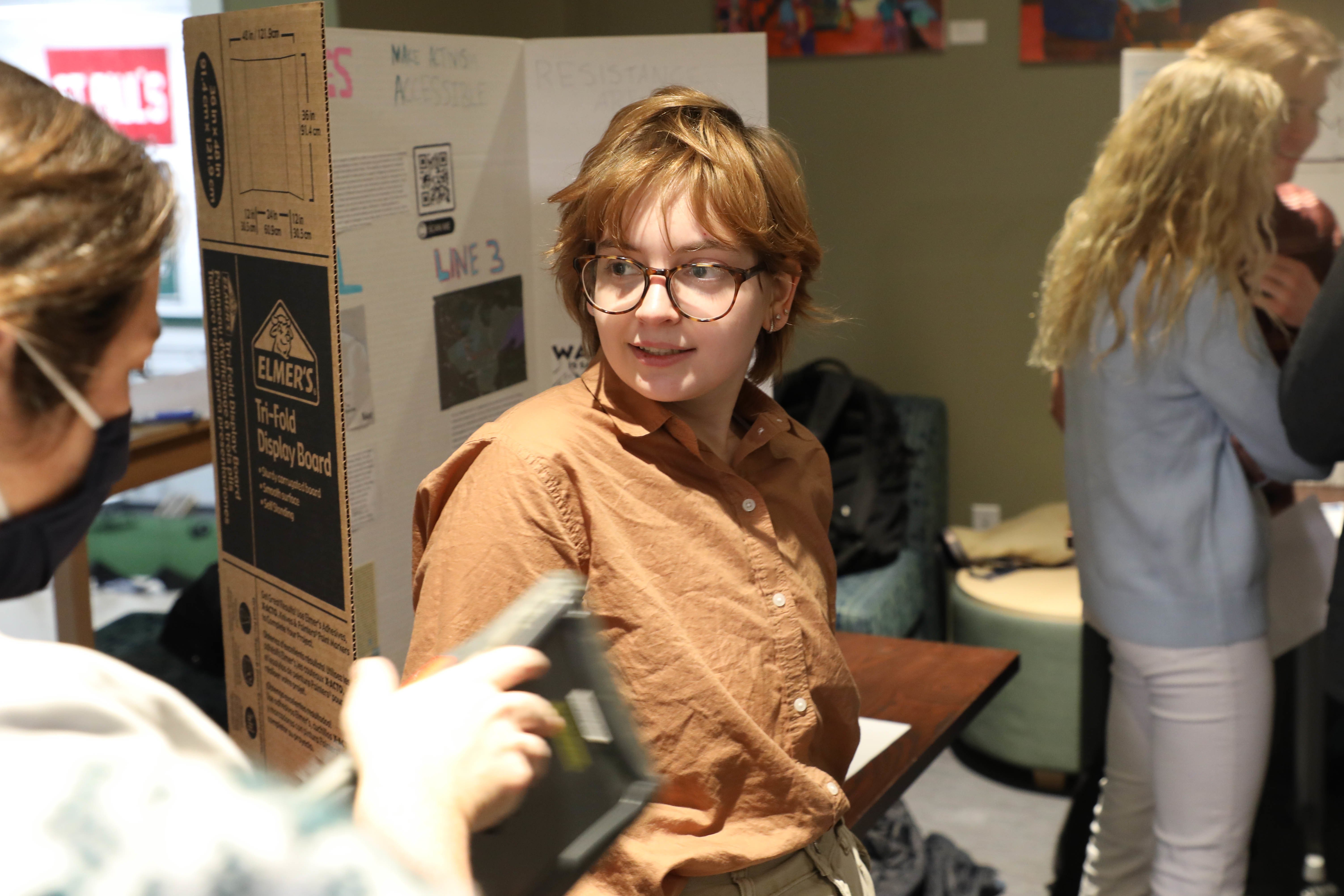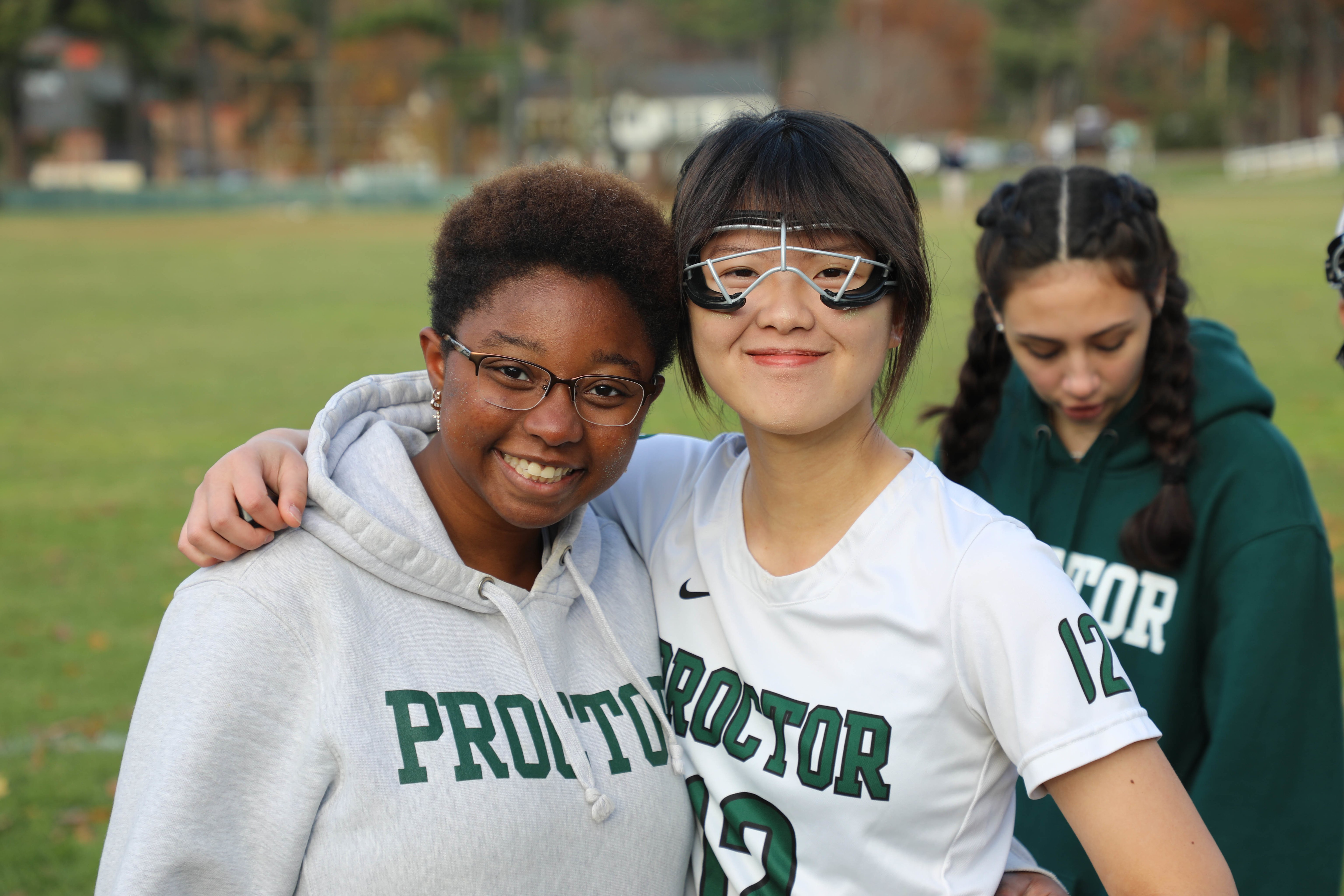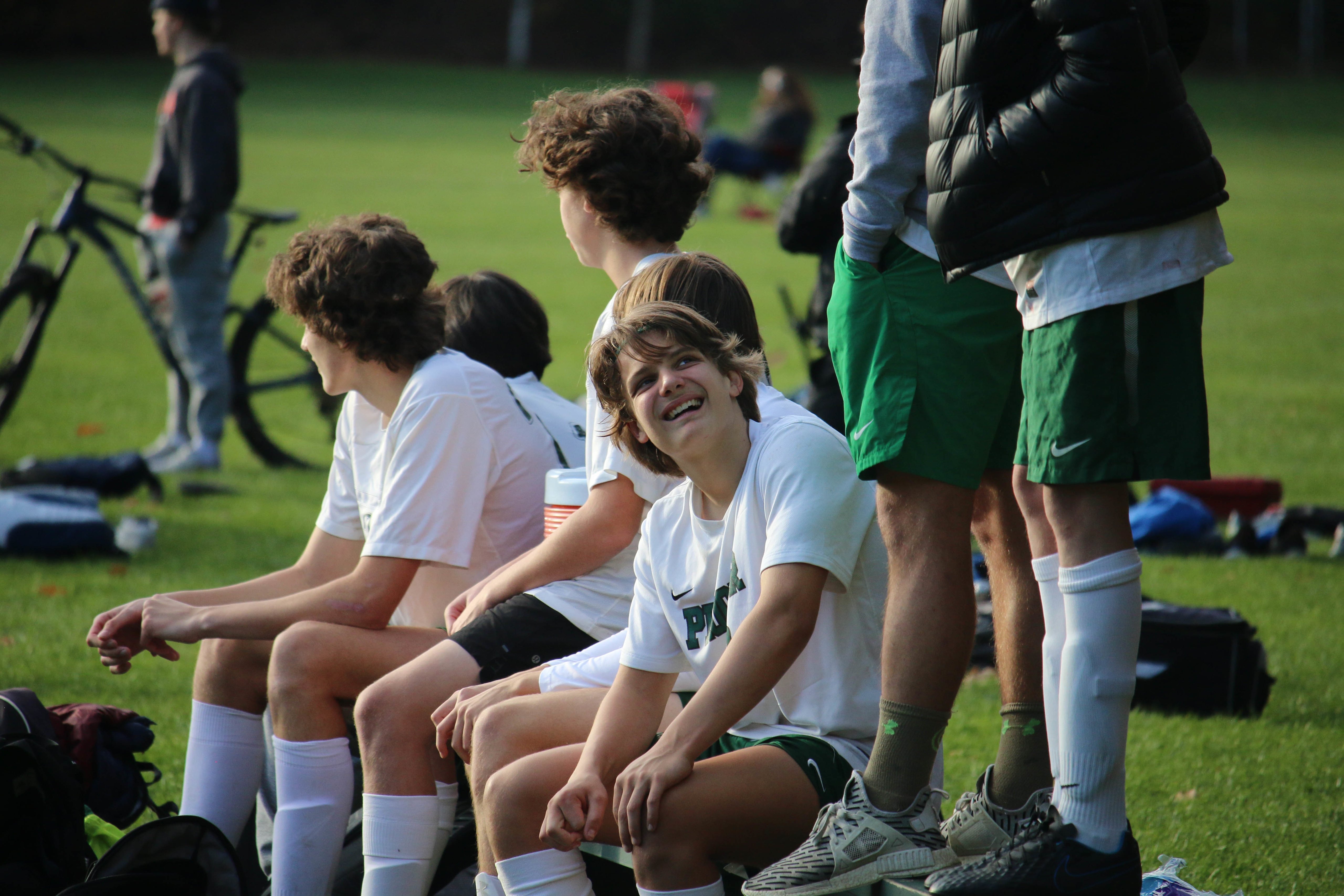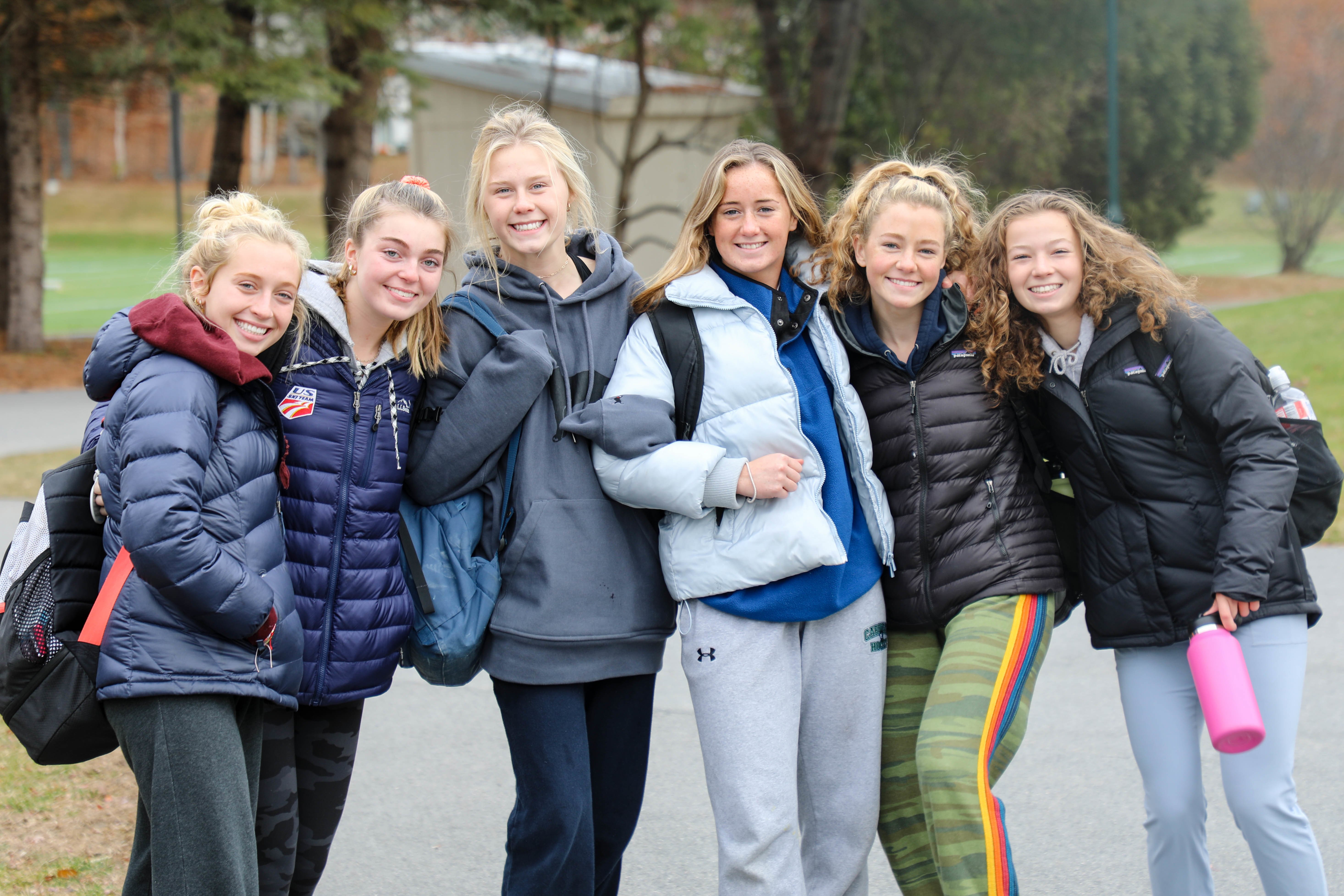Tonight marks the end of our first trimester. Our students feel like they have been through an important transformative time during these last few months. They came into the school masked and will leave having been “unmasked,” while deepening relationships with others and themselves.

If the COVID-19 pandemic has taught us anything, it is this: Do not take anything for granted, especially relationships. At Proctor, we had one of our super powers taken away from us during this period of time away from the school during the spring of 2020, and then throughout much of last year when we were hunkered down into dorm pods and masked throughout the year. The pods did their job of keeping us all healthy, but they also made us aware that we were missing something vital in our community and in ourselves.

Affective connection is the concept that emotion drives and roots us to who we are and who we want to be. Often, these emotions can get the best of us. However, these emotions can also drive thinking and learning and relationships. Put simply, not only are we an educational institution, we are also in the relationship affirming business.

One of the best examples of how relationships are formed and affirmed happens three times a day in the Brown Dining Commons. Not only is the Dining Commons Proctor’s “core social hub,” but it brings us together to do the subtle work of transformational learning and doing.

A few weeks back at dinner, I asked a group of six Proctor students from various parts of the world what was one thing that the other people at the table would not know about them. Slyly, I thought, this was one way that I would get to know them better, especially if I could get them to once again tell me their names. Lucy said that she ate a hot dog every single day, which strangely I knew. Lucy also said that not only did she eat a hot dog every day, and she was proud of that fact, but she had a hot dog costume that she would dress in for Halloween, which was fast approaching. Addie told us that she had hurt herself just that evening, which was indeed something that Emma, her sister, did not know. Addie was feeling better, but it was nice that Addie felt comfortable enough to tell us all about her injury. Victoria told us she had won a prize for her marksmanship, even though it was the first time she had touched a gun. She found out that she was a natural, which flies in the face of the 10,000 hour rule. At the table, our conversations ran the gamut from the things we chose to reveal and the bits and bytes of information we tell about one another to root us to people and place. Now, each time I see those young women, we revel in the fact that for one moment, we had an “affective connection.”

These connections and group identity formations are what set Proctor apart from the high school experience at so many schools. It drives us on the playing fields, in the music rooms, and in the classrooms. It transforms us, much in the same way that reading about a fictional character’s life in a novel or about a real life person can transform us. Our books live and breathe and talk to us about the mundane as well as what matters most. Real life provides that entry, too.

During this time of giving thanks, I am grateful for the relationships that we form here at Proctor. They help us to discover authentically who we are, and reveal themselves when the time is just right. This Thanksgiving, may you also sit at tables once again to discover something about someone you have known forever. Feel free to ask them the questions that get asked here at Proctor every day: who are you, what do you love, and how does your life matter. The mere consideration of these questions lead us to a deeper awareness of the other and one’s own self. Be fed, as we are, by what you discover.

Brian W. Thomas, Proctor Academy Head of School
Curated Reading and Listening:
To me, the poet, and president of the Andrew W. Mellon Foundation, Elizabeth Alexander is the bee’s knees. Alexander is the poet who read at Barack Obama’s first inauguration. “Praise Song of the Day” does what Walt Whitman does by celebrating the common things and themes in life. In another one of Alexander’s poems, “Ars Poetica #100,” she does it again. Enjoy the read: HERE. Or, listen to Elizabeth Alexander read her poem On Being: HERE.








